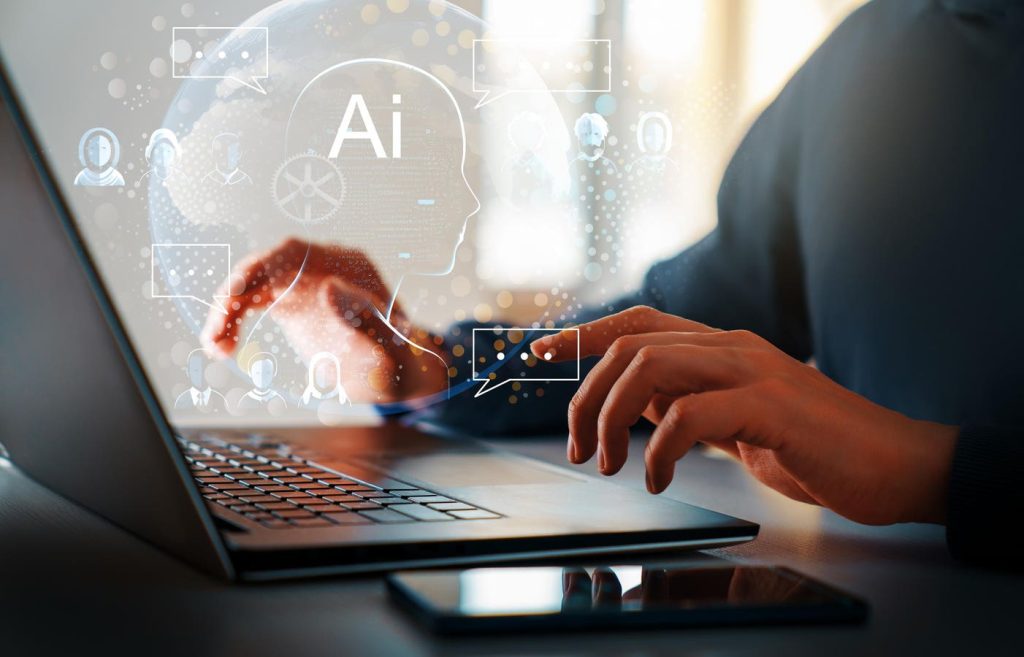AI in Job Interviews: A Comprehensive Overview
The rise of artificial intelligence (AI) in job interviews is revolutionizing the hiring process, offering strategic insights and opportunities for candidates. While candidates are still-practicing the art of answering traditional interview questions, such as, "Tell me about why you’re succeeding in your role," employment officials are increasingly directing respondents to address a new critical question: "How have you recently used AI in your work or personal life?" This shift underscores the transformative potential of AI in modern hiring, as it empowers individuals to identify their strengths, learn from technological advancements, and adapt to future changes.
Candidates are learning to leverage AI tools for efficiency, innovation, and problem-solving. For instance, chatbots powered by AI can help answer customer service inquiries, improving response times and customer satisfaction. Similarly, AI-driven tools like Google Analytics and Tableau enable data-driven insights, aiding in decision-making processes. These applications highlight AI’s versatility, from boosting productivity in the workplace to aiding in personal life management. The ability to effectively use AI tools not only enhances productivity but also fosters a competitive edge, as employers seek candidates who can integrate AI into their professional and daily lives.
Preparation for the essential question is crucial. To effectively answer, interviewers aim to demonstrate familiarity with key AI tools. From chatbots to AI-driven recommendations for tasks like scheduling and HR, understanding these tools can showcase a well-rounded skill set. Candidates should be acquainted with tools like Trello, Asana, andGrammarly, which bridge digital tools with meaningful applications in professional settings. By being versed in these platforms, interviewees can translate their technical skills into practical, problem-solving capabilities, underscoring their adaptability and competence in dynamic environments.
The importance of this question cannot be overstated. Employers increasingly recognize AI’s transformative impact on productivity, decision-making, and customer satisfaction. By positioning candidates with experience in AI-related applications, employers can attract individuals who can work effectively within an evolving professional landscape. This approach not only addresses the challenges presented by AI but also positions the candidate as someone capable of leveraging technology to enhance their own skills, from computational thinking to critical insight-taking. The willingness to use AI fosters a culture of innovation, preparing future leaders to navigate an increasingly technology-integrated world.
In conclusion, the harness of AI is proving to be a cornerstone in today’s job market. As AI evolves, so do the challenges and opportunities faced by candidates. By preparing to demonstrate proficiency in AI tools and techniques, and addressing the essential question effectively, candidates can stand out as leaders in their fields. The ability to exploit these tools to improve decision-making, streamline processes, and thrive in a technologically advanced society is a valuable asset in anyone’s resume. Embracing AI’s potential not only attests to a candidate’s versatility but also positions them as someone focused on innovation and adaptability, making them a formidable force in a rapidly evolving professional landscape.











